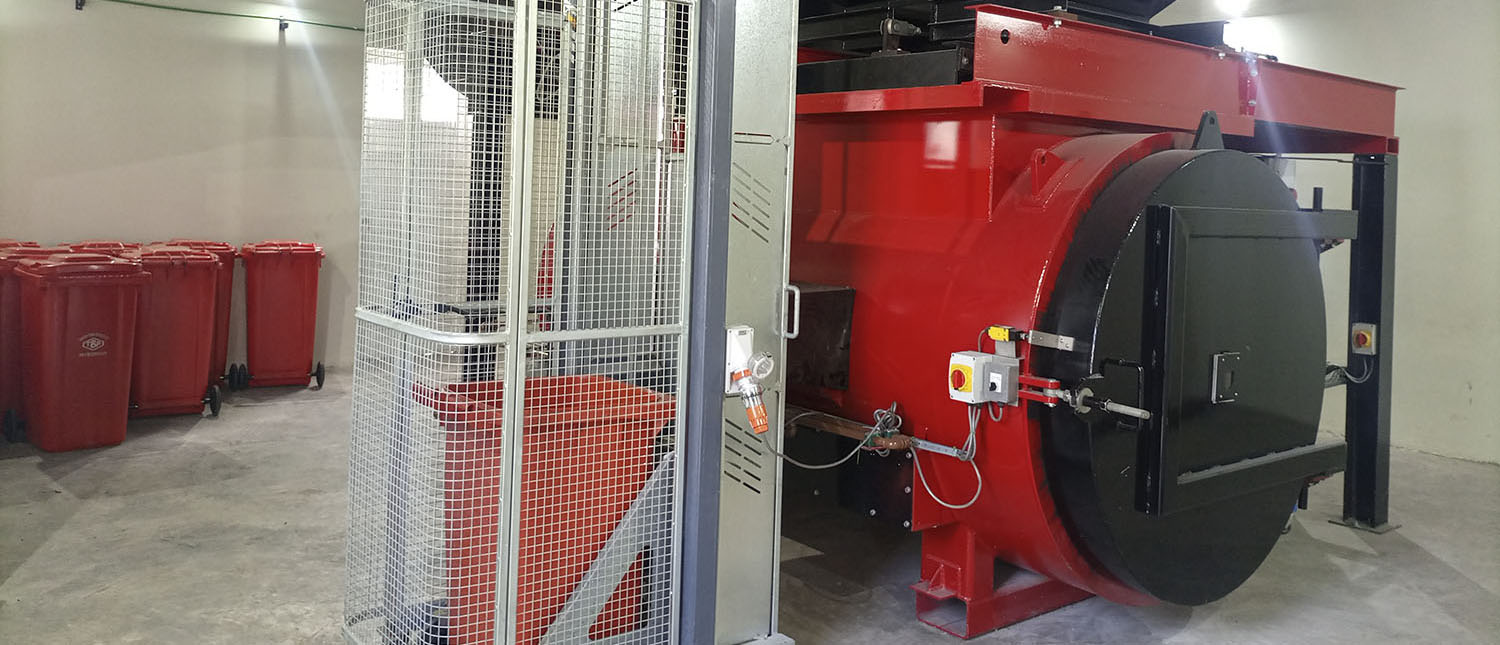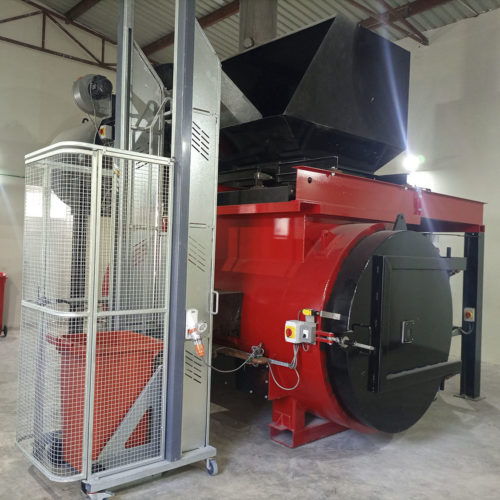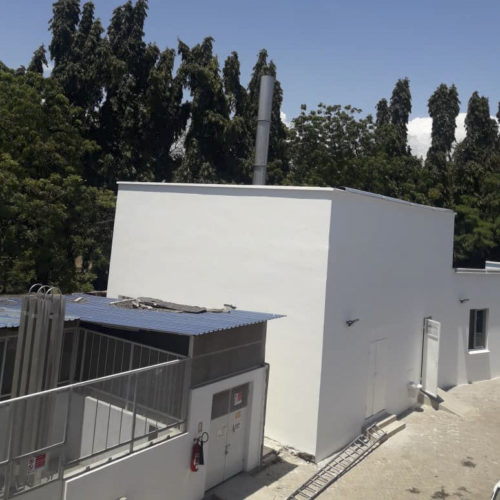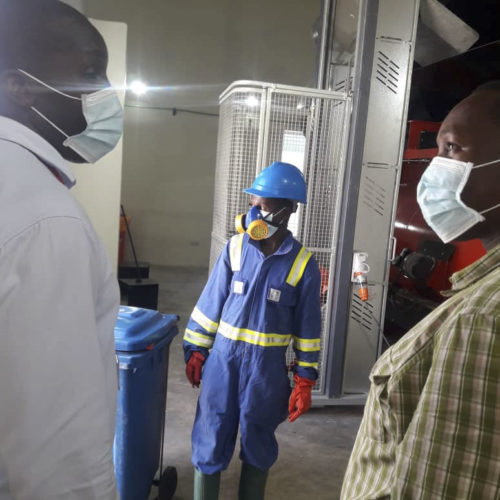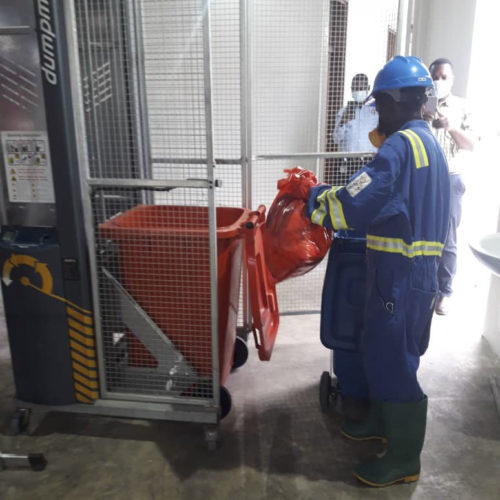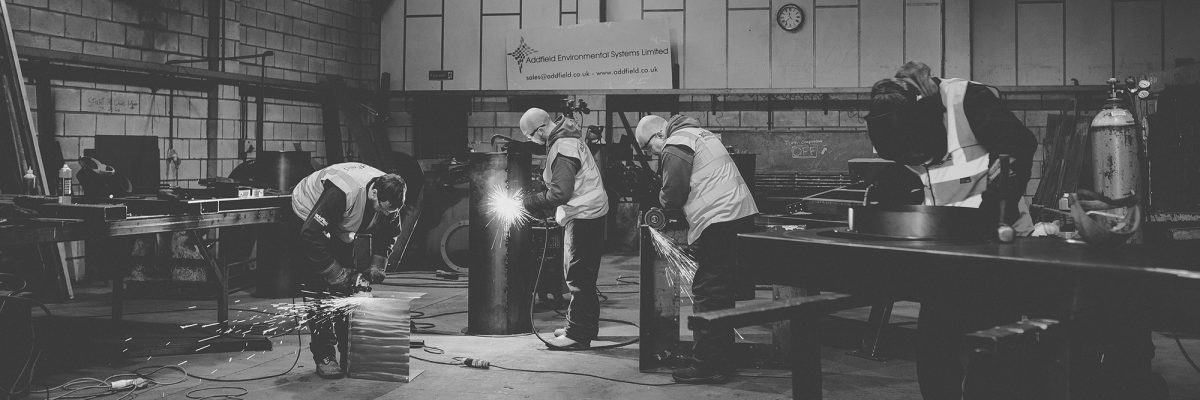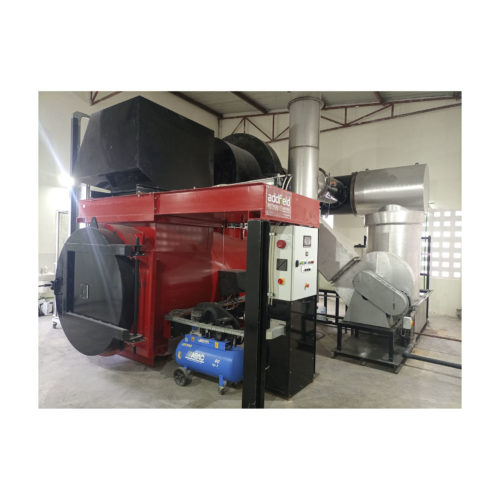
C200 Medical Waste Incinerator for Aga Khan Health Service
Globally you will find many organisations dedicated to improving the quality of life for millions of people across the developing world. One such organisation that has made an incredible difference in over 30 countries in some instances as part of projects dating back over 100 years is the Aga Khan Development Network, most notably the Aga Khan Health Service.
Aga Khan Health Service operates in partnership with a network of hospitals and health centres across continents, as such they are no strangers to incinerating medical waste. Although this is not their only source of disposal it is an important element in their pathway for waste. They currently incorporate several methods beginning with separating the waste into types to be either sterilised and treated chemically prior to burying in a landfill or sending to incineration.
Still, a vital part of their disposal process incineration has been used for many years at their medical centres and hospitals with great success. As such they are currently implementing a program of updating and upgrading their systems to adhere to modern best practices for the environment as well as efficiency of operation.
Taking a proactive approach to the future they are vitally aware of the importance of having the correct tools for the job. Understanding that the right medical incinerator for them must be highly efficient and environmentally and economically sustainable to dispose of waste types that cannot be recycled safely. This was a key factor in the plans to upgrade their existing and in many situations outdated machines which have come to the end of their operational lives.
This quest led them back to our team at Addfield. Inviting us to play an essential part in the renovation and expansion of one of their oldest hospitals. Located in Tanzania in Dar es Salaam and welcomed its first patients way back in 1964 as a medium-sized 74-bed hospital. Operational for more than 50 years and after seeing millions of patients it was more than due an update. Expanding into a world-class health centre and teaching hospital now with 170 beds. Providing a highly specialised service with the latest technological advances covering the fields of Cardiology, Oncology, Paediatrics, Neuro-science, Critical Care and of course Accident and Emergency. As a result of more than doubling in size, it was clear that they would now be producing several times more hazardous waste than before and as such an incinerator upgrade was essential.
The only hospital in Tanzania to be awarded the gold standard quality re-accreditation from Joint Commission International (JCI) in 2019 and ISO 9001 and SADCAS-certification. As such, they needed a medical incinerator that could meet all of their exacting requirements and standards, and having worked on projects on behalf of Aga Khan several times over the years they were confident that our machines would deliver the standard of results that they were committed to providing.
After reviewing the exacting needs of the hospital, the increase in usage and their environmental impact we delivered one of our industry-leading higher capacity C200 clinical waste incinerators including an automated top loading system with bin tipper, enabling continuous loading throughout up to 16 hours of operation. This allows greater quantities of hazardous waste to be disposed of in a far more comfortable manner than manual loading. In addition following Aga Khan’s commitment to the environment our advanced flue gas cleaning Venturi Wet scrubber was also supplied. The Venturi system ensures a clean, smoke-free and environmentally friendly incineration of all the waste that they dispose of with it. The C200 is ideal for larger medical hospitals and facilities able to achieve a burn rate of up to 200kg an hour whilst being continuously loaded during the day making it able to process several tonnes of medical waste each day of operation.
Aga Khan has very strong beliefs in how best to operate the machines at capacity to provide maximum fuel efficiency and minimal wastage.
This project took place in the midst of the global pandemic which made travelling to install and commission from the UK next to impossible. Fortunately, we have a global network of engineers that we can work with and in this instance, we partnered with Sigma a company local to the hospital. Providing them with full remote support and online training to enable them to set the machine up and have it running to provide a stable waste disposal method. However to ensure that the incinerator was able to operate to maximum efficiency as soon as the travel restrictions were removed we sent our UK engineers to Tanzania to meet the team, the operators, and the approved in-country contractor to further train the team in the day-to-day operation and best practice in an active setting and give the proud operators the certificates they deserved.
This will enable the operators to continue to pass this knowledge on and keep the C200 operating at optimal capacity for many years into the future. Already expected to be than 40% more fuel-efficient than similar cast concrete machines supplied by other manufacturers, the approach that Addfield has taken could save thousands of litres of fuel over the expected 20+ years of operation.
The addition of a wet scrubber to this project is another example of Aga Khan’s commitment to the environment and going above the minimum requirements. As in many developing countries, a full venturi system is not mandatory, however for installations of this size they are recommended. The Venturi Wet Scrubber allows the disposal of a wider array of medical waste whilst maintaining only clean gasses are returned back into the environment. Following the traditional gas treatment in the secondary chamber, which will remove all smoke and odours from the incineration. The venturi system combines a vortex of high-pressure water combined with cleaning agents to fully strip the gasses of any additional toxins and pathogens that could exist due to the hazardous nature of the waste being processed. At the end of this cleaned gasses are released into the environment causing no negative impact on the hospital residents or staff.
The beginning of a very interesting series of projects that we hope to continue working on with Aga Khan Health Service as they continue to implement a policy of replacing old incinerators with new solutions as technology improves and opportunities arise.
To learn more about this project and the work carried out by Aga Khan Health Services Click Here.
To learn more about the hospital in Dar Es Salaam Click Here.
To learn more about the C200 medical waste incinerator Click Here.
